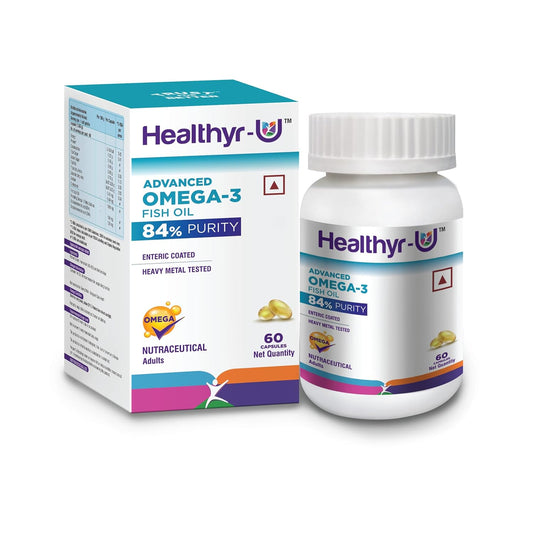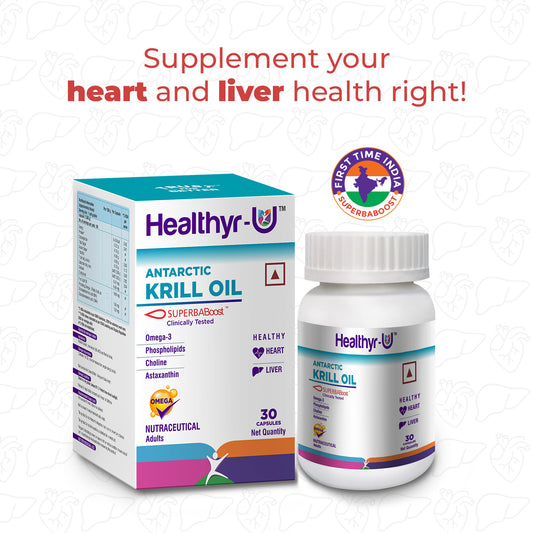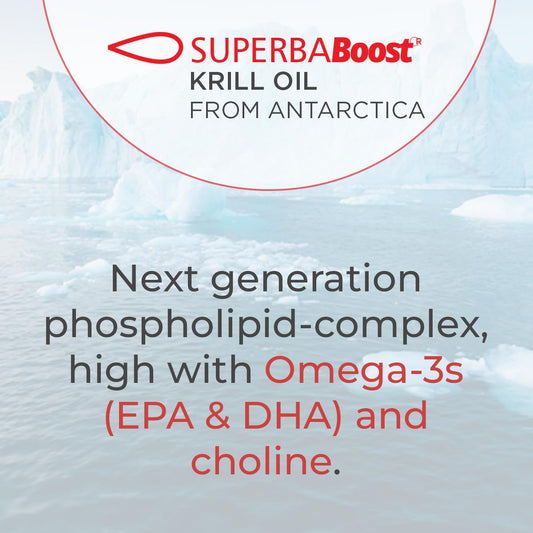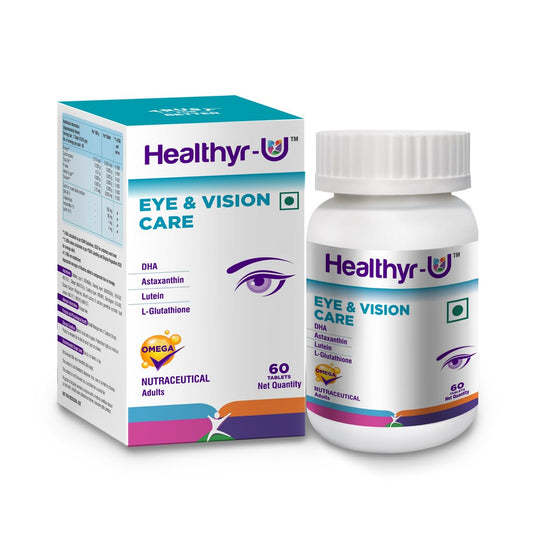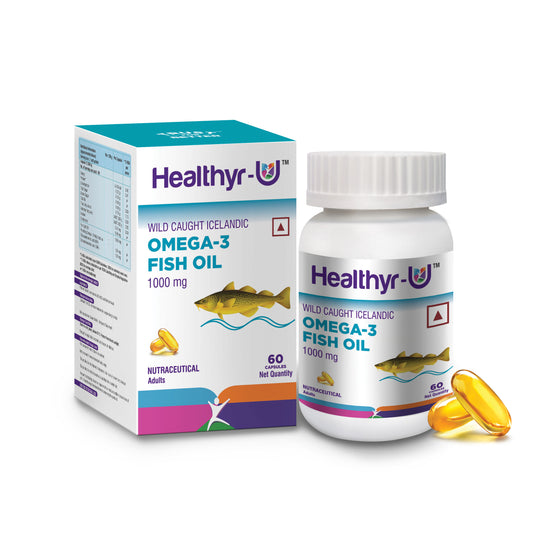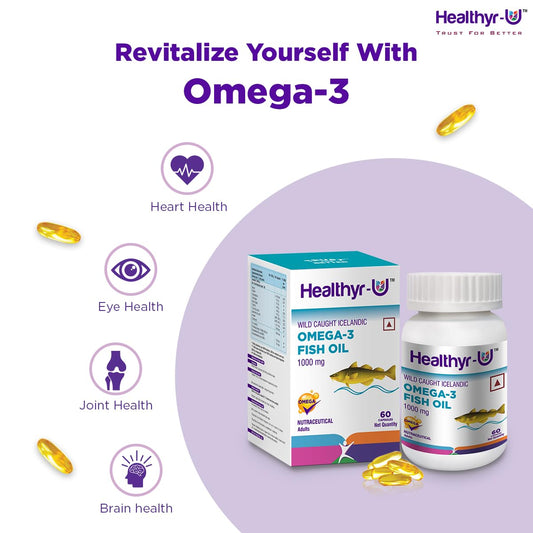Introduction
Omega-3 fatty acids, including eicosapentaenoic acid (EPA) and docosahexaenoic acid (DHA), are dietary fats with various health benefits. Omega-3 is a polyunsaturated fatty acid (PUFA) with more than one carbon-carbon double bond in its backbone.Omega-3 fatty acids can be found in fish such as sardines, salmon, tuna, other seafood such as algae and krill, and some plants and nut oils. These PUFAs, stored in membrane phospholipids, are responsible for numerous cellular functions, including maintaining the cell membrane structure, fluidity, signalling, and cell-to-cell interaction. The Omega-3 fatty acids EPA and DHA are essential for proper fatal development, supplementation during pregnancy, improved cardiovascular function in terms of anti-inflammatory properties, reduced major coronary events, and several other health benefits.
Health Benefits of Omega-3 Fatty Acids
Omega-3 fatty acids dzare polyunsaturated fatty acids with various health benefits. Some of the science-based health benefits of Omega-3 fatty acids are explained below.
• Enhances Availability of Energy in Athletes
The sole purpose of nutrition for athletes is to compensate for increased energy and nutrient needs. Omega-3 fatty acids are the potential supplement that beneficially affects performance, recovery, and the risk for illness/injury. Several studies suggest a potentially beneficial effect of EPA & DHA on performance by improved endurance capacity and delayed onset of muscle soreness, as well as on markers related to enhanced recovery and immune modulation.
• Improves Cognitive Ability
Omega-3 fatty acids play a significant role in early brain development. With advancing age, Omega-3 fatty acids protect against cognitive decline. DHA is a major fatty acid in the brain's grey matter and makes up approximately 50% of all polyunsaturated fatty acids in the central nervous system. In neurological diseases like Alzheimer's and Dementia, low levels of DHA are observed. The DHA levels decrease as you age, delaying and decreasing cognitive functioning. So, consuming enough Omega-3 fatty acids is recommended to improve cognitive function, mood, memory, and learning ability.
• Promotes Good Heart Health
Heart health and Omega-3 fatty acids share a strong bond. Fatty acids EPA and DHA consumption in a regular diet has been observed to positively affect patients with cardiovascular diseases (CVD), reducing the risk of sudden death. The meta-analysis studies have shown that Omega-3 fatty acids supplementation, a balanced diet, and regular physical activity decrease the risk factor of type 2 diabetes mellitus via enhanced insulin sensitivity. Various studies demonstrate that Omega-3 fatty acids EPA and DHA can lower triglycerides, lower blood pressure, reduce the heart rate, reduce platelet aggregation, and increases HDL cholesterol. Therefore, the addition of Omega-3 fatty acids supplements in your diet is beneficial for heart health.
• Relieves Symptoms of PMS
Premenstrual syndrome (PMS) is a cyclic appearance of various symptoms affecting some women. This includes pain in the lower abdomen, pelvis and often goes to the lower back and thighs. Omega-3 fatty acid foods could reduce the severity of PMS. Omega-3 fatty acids reduce the psychological symptoms of PMS, including depression, anxiety, and lack of concentration, and may also reduce bodily symptoms like bloating, headache, and breast tenderness. Regular intake of Omega-3 fatty acids will show early and consistent results.
• Supports Eye Health
Fatty acids EPA and DHA have the utmost capability to maintain a clear vision. These fatty acids have several actions that provide neuroprotective effects in the retina. Omega-3 fatty acid DHA is the crucial fatty acid found in the retina and is present in large amounts in this tissue. The DHA level affects retinal cell-signalling mechanisms in converting light into a change in the electrical potential across the cell membrane. Adequate intake of Omega-3 fatty acids may prevent various diseases like aged macular degeneration, which can cause vision impairment and blindness.
• Induces Early & Sound Sleep
Sleep is essential for maintaining daily functioning and good health and well-being across the lifespan. Omega-3 fatty acids-rich diet and supplements are associated with earlier sleep onset, longer weekend sleep duration, and better sleep quality. According to a study, omega-3 can reduce sleep disturbance and induce a sound sleep routine in children and adults.
• Supports Foetal & Infant Development
Omega-3 fatty acids, particularly DHA, are essential for fatal and infant development. The amount of omega-3 fatty acid in the foetus correlates with the amount the mother ingests. Various studies have shown that mothers who use EPA and DHA supplementation during pregnancy and breastfeeding may protect their children against allergies. This may be because fish-oil supplementation has been associated with decreased levels of body cells associated with inflammation and immune response.
• Prevents Allergies
Omega-3 fatty acids can reduce inflammation and improve allergic symptoms. These fatty acids act to oppose the actions of n-6 PUFAs, particularly about eicosanoid synthesis. Thus, Omega-3 fatty acids may protect against allergic sensitization and allergic manifestations. Also, a recent study reported that omega-3 consumption in pregnancy reduces persistent wheezing and asthma in the offspring at ages 3 to 5 years. Therefore, providing these fatty acids during pregnancy may reduce sensitization to common allergens.
• Improves Hair & Skin Health
Fatty acids EPA and DHA help to provide the essential oil content in the body. This makes the skin and hair look smooth, supple, and healthy. These fatty acids protect skin and hair against sun damage. Omega-3 fatty acids EPA & DHA have been broadly reported as a potential supplement to lessen the severity of some skin disorders. Omega-3-rich acid foods may help prevent acne and keep your skin hydrated. Adequate usage may reduce hair loss and boost hair growth.
• Helps in Weight loss
Obesity is characterized by excessive accumulation of adipose tissue. This is linked with excess energy intake and poor diet quality, with a high intake of saturated and trans fats. Omega-3 fatty acids consumption can reduce and maintain body weight. These fatty acids improve body composition and counteract obesity-related metabolic changes, including modulating lipid metabolism, regulating adipokines, such as adiponectin and leptin, and reducing adipose tissue inflammation.
• Reduces the risk of Depression & Anxiety
Omega-3 polyunsaturated fatty acids (PUFA)s are essential nutrients that have potential preventive and therapeutic effects on psychiatric disorders such as anxiety and depression. Cell signalling and structure of the cell membrane are changed by Omega-3 fatty acids, which demonstrates that an omega-3 fatty acid can act as an anti-depressant. Several trials have found that omega-3 PUFAs might reduce anxiety under serious stressful situations. Thus, Omega-3 fatty acids can reduce the risk of depression and anxiety by regulating neurotransmitters in the brain.
• Reduces Symptoms of ADHD
Attention-deficit/hyperactivity disorder (ADHD) is a common neurodevelopmental disorder. Omega-3 fatty acids are essential nutrients for proper brain function and development. Adequate consumption of Omega-3 fatty acids can improve inattention symptoms and reduce hyperactivity.
• Improves Bone & Joint Health
Clinical studies have shown that Omega-3 fatty acids may modulate disease activity, namely the number of swollen and tender joints. The anti-inflammatory effect of Omega-3 fatty acids helps reduce joint and muscle pain, improve bone strength, and reduce the risk of osteoporosis and arthritis.
• Enhances Immunity
The immune system is a defence system that protects organisms from invading pathogens, such as viruses or bacteria. A healthy and balanced diet is essential for the correct function of the immune system. Consumption of Omega-3 fatty acids performs essential immune-regulatory functions. They strengthen the cell walls, help macrophages engulf pathogens, and elicit a robust immune response in the presence of a virus, pathogen, or bacterial invasion.
• Reduces Inflammation
Omega-3 fatty acids have anti-inflammatory effects, which can help to reduce inflammation in the body. EPA and DHA are thought to have anti-inflammatory effects and a role in oxidative stress and to improve cellular function through changes in gene expression. Omega-3 fatty acids EPA and DHA give rise to anti-inflammatory and inflammation-resolving resolving. Therefore, it can reduce inflammation and may help lower the risk of chronic diseases such as heart disease, cancer, and arthritis. They also regulate blood pressure, clotting, glucose tolerance, and nervous system development and functions.
• Prevents Cancer
Omega-3 fatty acids are an essential family of polyunsaturated fatty acids (PUFAs), involved in the average growth and development of various human tissues. According to multiple researchers, Omega-3 fatty acids from foods or supplements might reduce cancer risk due to their anti-inflammatory effects and the potential to inhibit cell growth. Omega-3 fatty acids can increase the sensitivity of cancer cells to conventional therapies to improve their efficacy, especially against cancers resistant to treatment.
• Reduces Liver Fat
Non-alcoholic fatty liver disease (NAFLD) is the most common chronic fatty liver disease strongly associated with obesity. According to various studies conducted, it was found that Omega-3 fatty acids could decrease fat. High levels of EPA & DHA can reduce inflammation and protect the liver.
Bottom Line
Omega-3 fatty acids play critical roles in growth and development and maintain optimal health across all age groups. Regular supplementation of Omega-3 fatty acids will help you to age like fine wine and delay NCDs.



